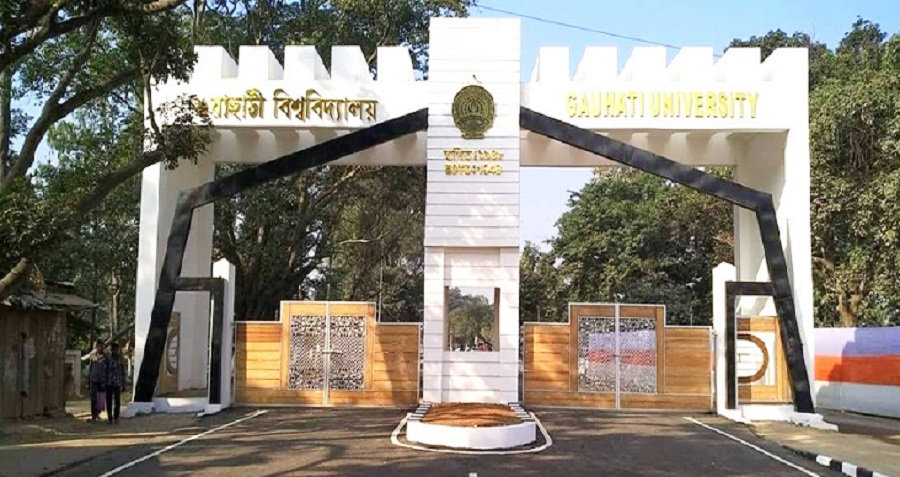GUWAHATI: The traumas of Partition and its ramifications on the Northeast took centrestage as Gauhati University organised a seminar for insightful dialogues and reflections on the tumultuous period in Indian history on August 14.
Titled “Partition and Northeast India: Human Tragedies and Political Uncertainties”, the seminar was attended by a slew of dignitaries. Addressing a seminar, Vice Chancellor of the university, Prof P J Handique said that the horrors and trauma of India’s Partition arose due to the imperial approach of drawing boundaries without physically confirming people and their culture. Prof. Handique’s remarks were a part of the Ministry of Culture’s initiatives for “Partition Horrors Remembrance Day.”
Organised by the Internal Quality Assurance Cell (IQAC) of Gauhati University, the keynote address of the seminar was delivered by distinguished scholar Udayon Misra. Citing literature and archival materials, Prof. Misra delved into the insensitive and unsettling Partition process orchestrated by imperial forces and how it left the Northeast in a state of disarray, yet the region’s shared culture acted as a salve that nurtured both people and polity.
Prof. Akhil Ranjan Dutta, the seminar’s coordinator, reminded participants that India’s Constitution, birthed during the Partition’s horrors, promised a path of reconciliation anchored in mutual tolerance, social justice, and fraternity.
Another prominent speaker, Prof. Bibhash Choudhury, Dean of the Faculty of Arts at Gauhati University, delved into the works of authors such as Bapsi Sidhwa, Khushwant Singh, Urvashi Butalia, and Salman Rushdie and how they artfully captured the trauma and tragedies of the Partition.
Another ket speaker, Dr Binayak Dutta, emphasized on the nuanced impact of Partition beyond the binary of Hindus and Muslims. He drew attention to the shadow cast over other Northeastern communities, such as the Khasis-Jaintias, Garos, and Nagas, by the colonial powers’ arbitrary divisions.
The seminar served as an intellectual crucible where insights and reflections paved the way for a more comprehensive understanding of the profound historical period and its enduring implications.















